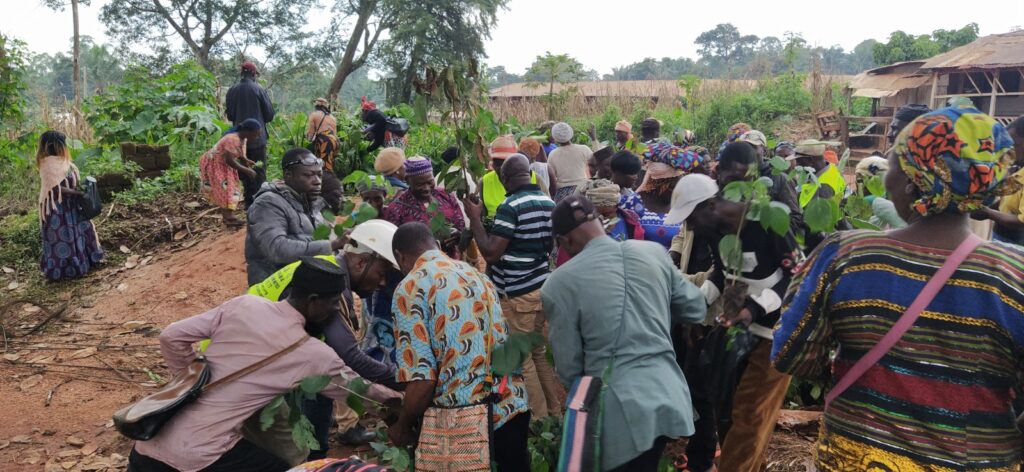The African Forest Forum, AFF is seeking to promote and enhance the involvement of women in forestry within the context of climate change. A full zoom workshop to that effect was organized last week to empower women and other AFF members getting them involved in forest management within the context of climate change.
The project according to a release by AFF is in line it’s policy
“to empower all marginalized groups particularly women and youth whose representation, priorities and needs are seldom addressed in the forestry sector”.
AFF women’s participation in forest management is therefore crucial in the fight against climate change, the release stated.
Cecile Ndjebet,AFF women in forestry chapter and of AFF GC,in a presentation noted that « the involvement of women in forestry issues is critical to developing policies that actually work to protect forest and deal with climate change« .
She points out that, « ensuring women are involved in efforts to adapt to climate change, protect forest and reduce disasters is critical as the world ramps up finding to help poor countries adapt to late change« .
AFF has focused on facilitating specific activities that would enhance equal participation and representation, the officials say.
AFF’s policy is to have project activities organised in ways that secure gender sensitivity and responsiveness.The negative impacts of climate change are b of long and short term. While short term implications may include natural hazards, such as landslides, floods and hurricanes; long term ones include gradual degradation of the environment.
Climate change affects every facet of life with detrimental effects being recognized in many areas including, agriculture and food security; biodiversity and ecosystems; water resources; human health; human settlements and migration patterns; energy;transport and industry. Adaptation to climate change is gendered and in many cases, women and youth are disproportionately impacted and more vulnerable to the effects of climate change than men.
This is partly due to them constituting the majority of the world’s poor and are more dependent for their livelihood on natural resources that are threatened by climate change. Furthermore, they face social, economic and political barriers that limit their coping capacity, the officials said.
Elias Ngalame






